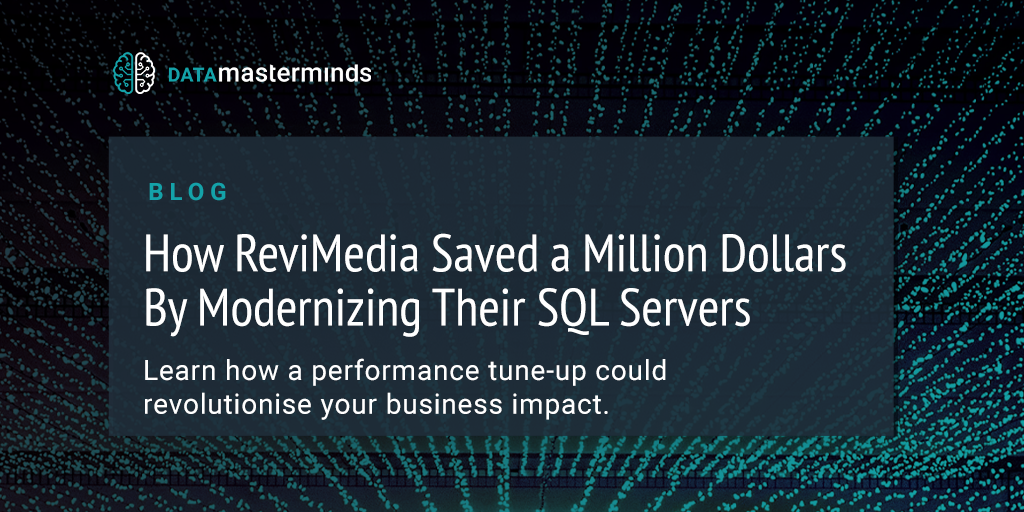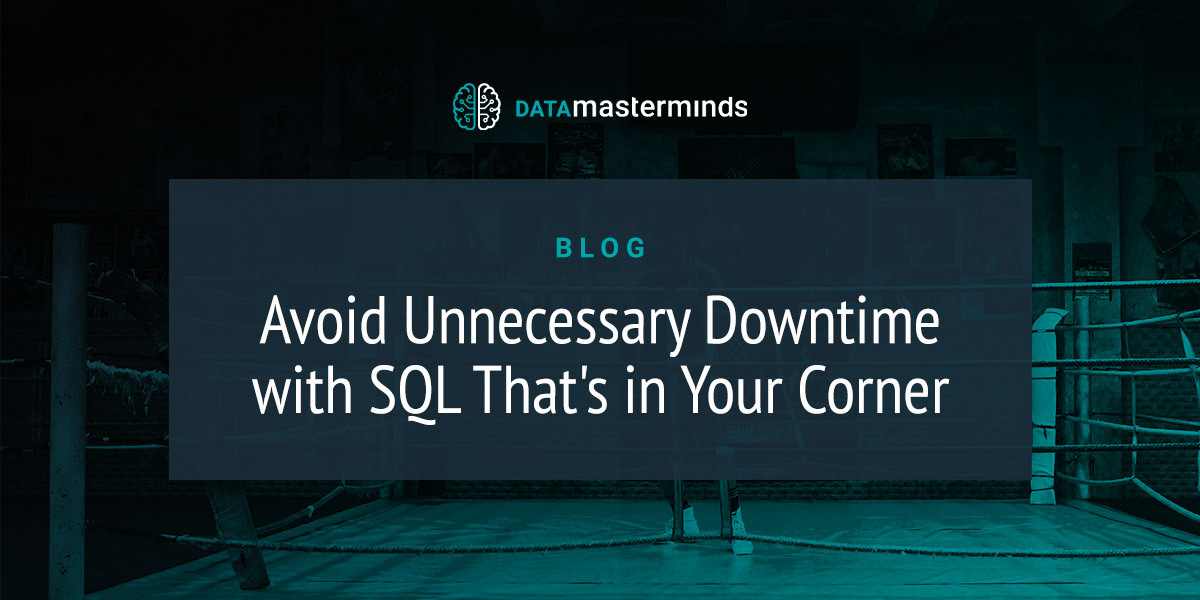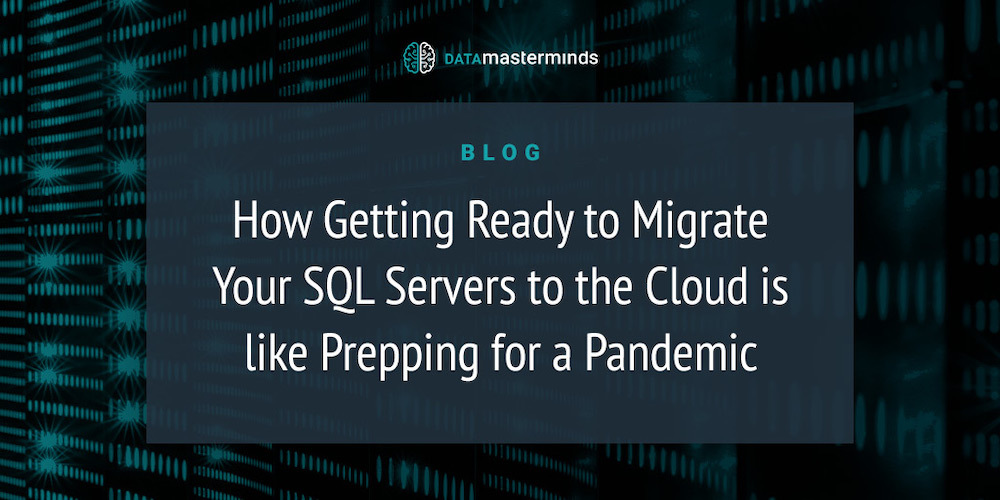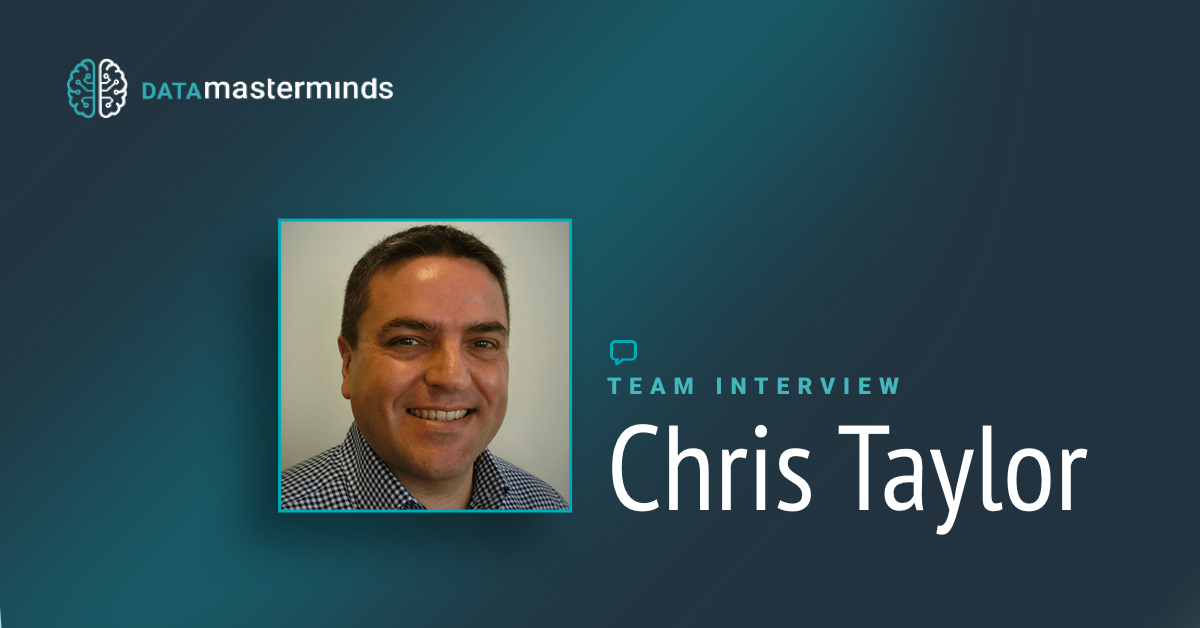Welcome to part three of our series tackling the questions we hear most from our clients. Today we discuss the role of the DBA, and whether businesses have truly evolved to function without them.
Question #3: Is the DBA Dead?
When discussing the cloud, it inevitably raises the question, “Is the role of the DBA dead?”
This question has been around in one form or another for as long as DBAs have existed. Each iteration of IT has brought new features and capabilities that were supposed to replace the human portion of nearly every process. The latest in this area for SQL Server is Intelligent Query Processing and the automatic database tuning features inside Azure SQL Database.
These features are lauded as “Robo DBA” style features that will make a DBA surplus to requirements, automatically taking care of query performance without requiring an expensive DBA to do the same thing.
Long Live the DBA
While these features are good and welcome additions to SQL Server, the role of the DBA is far from extinct. What we see instead is a shift in focus for a DBA, away from the gatekeeper of the database and more towards an enabler for data centric solution design in the business. The DBA traditionally works as an interface between an application and the business—they understand the needs of both sides and help align the two trajectories to each other. The job of a DBA will therefore extend beyond the boundaries of SQL Server and envelope the extended regions around it like network infrastructure, external data silos, cloud processes, application architecture/design and beyond.
These changes will lead the Database Administrator to become more of a Data Steward or Data Platform Architect, helping to combine all data inside a company’s environment into a cohesive, structured information source. This will include the stewardship of data interfaces between applications and designing systems to be resilient, available and able to perform well at all times. DBAs often have some of these skills already but will need quite a bit of cross-training into areas of application development, infrastructure design and business processes. Anyone that can combine these skills and communicate across these traditional business silos will become an asset to any company that is lucky to hire them.
In short: the DBA is not dead, but the role is evolving into something different from 5-10 years ago.
Have More Questions?
Not sure if your system’s current SQL server or windows versions can handle your operations? Book a call or send us an email—I’m always happy to offer guidance.










